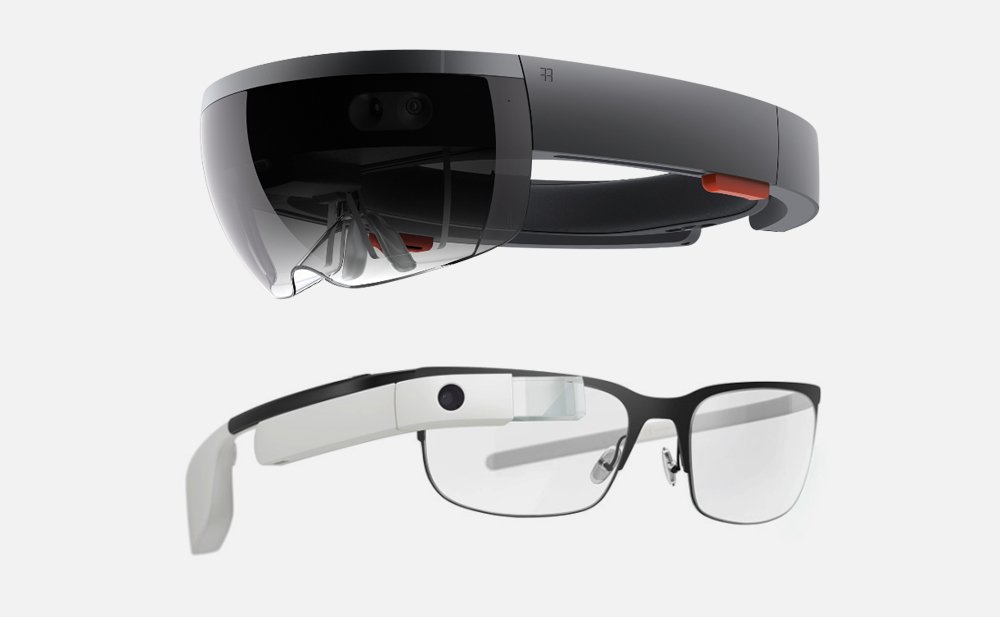
Computers are coming up on a revolution. Microsoft's HoloLens and Google's Glass aim to make augmented reality (AR) mainstream. But to reach consumers, they're going through the enterprise.
Changing a paradigm isn't easy. The inertia of the "usual way of doing things" can be very difficult to alter. This is particularly evident when you consider human behavior and the neurological, emotional, psychological and social aspects that contribute to habit formation and entrenched behavior. Couple these intangible internal human variables with technological challenges, limitations, costs and practical applications of new technology and it becomes abundantly clear why change is hard.

The concept of personal computing conjures images of someone sitting at a desk dutifully pecking away at a keyboard with eyes affixed to a screen. That vision began to undergo a metamorphosis within the last ten years, after the advent of the consumer-focused smartphone market. The mobility of smartphones combined with ever-increasing processing power and a virtual "swiss army knife" of apps has made personal computing an "anywhere" experience for "anybody" regardless of age or demographic.

The ideology of ever-present computing that has settled to the backdrop of our "new normal" has laid the groundwork for an eventual acceptance of a move of our "personal computers" from our pockets to our faces.
Full story from the WindowsCentral blog...


